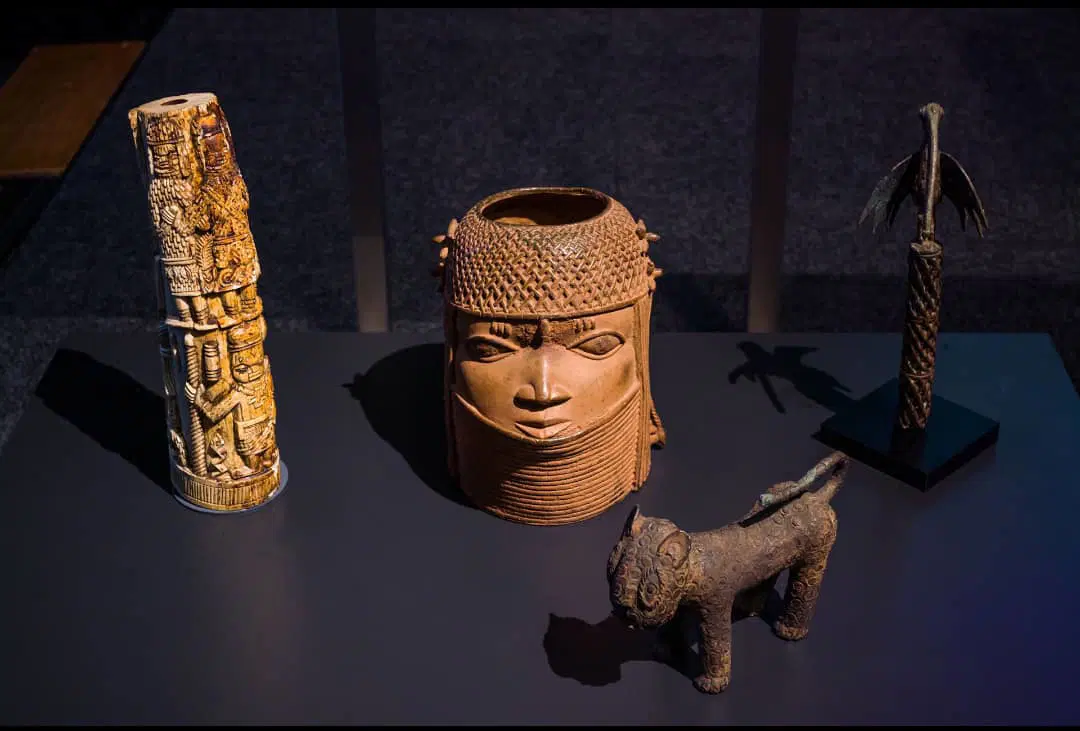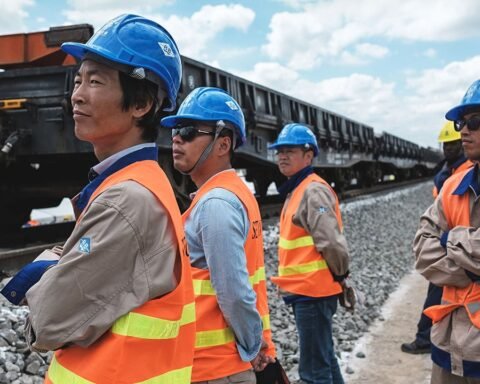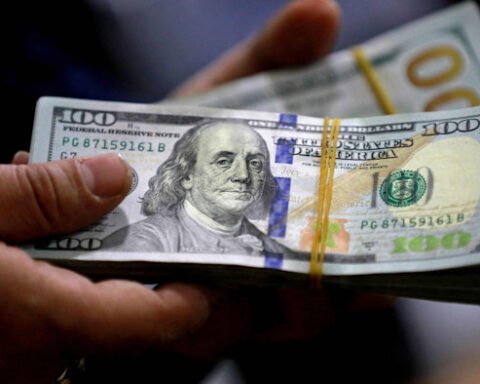The Netherlands has officially returned 119 looted artifacts to Nigeria, more than a century after they were stolen during the infamous Benin Expedition of 1897.
The handover took place at the National Museum in Lagos, marking a powerful moment in the growing global movement to return stolen African heritage.
The treasures—known as the Benin Bronzes—were originally crafted between the 16th and 18th centuries by the people of the Kingdom of Benin, a once-thriving West African empire located in modern-day Edo State. These works, primarily made of bronze and ivory, are regarded as some of the most sophisticated artworks ever produced in pre-colonial Africa.
“We Ask Only for Respect and Justice”
At the handover ceremony, Olugbile Holloway, the Director-General of Nigeria’s National Commission for Museums and Monuments (NCMM), said the return represents more than just the physical recovery of artifacts—it is a return of memory, pride, and spirit.
“These objects are not just art. They are our history, our spirit, and our voice,” Holloway declared. “What we ask from the world is simple: respect and historical justice.”
Four of the returned bronzes will be kept at the National Museum in Lagos for public viewing. The remaining 115 will be transferred to the custody of the Oba of Benin, Ewuare II, the spiritual and traditional ruler of the Edo people, whose ancestors originally commissioned the pieces. The Oba referred to the moment as “divine justice,” noting it as one of the most emotional events of his reign.
The Netherlands joins a growing list of countries actively returning looted African heritage. Earlier in 2025, Germany confirmed the repatriation of over 1,100 Benin Bronzes, while institutions in the United States, France, and Belgium have also initiated similar efforts.
However, some major museums—including the British Museum—still retain large collections of Benin Bronzes and have resisted permanent repatriation, often citing legal restrictions. Cultural critics argue this position is increasingly untenable in the face of public pressure and historical accountability.
Also Read; Putin Stresses Russia Must Avoid Economic Recession
The broader global movement for restitution is fueled by increased research, advocacy, and growing acknowledgment that colonial-era looting was a crime against both history and humanity. UNESCO and various international cultural organizations have thrown their support behind efforts to return these pieces to their rightful origins.y
Most of the returned artifacts are expected to be housed in the upcoming Edo Museum of West African Art (EMOWAA), currently under construction in Benin City. The museum, backed by international donors and spearheaded by Nigerian-led teams, aims to offer a modern space where African heritage can be celebrated on its own terms, in its homeland.
Beyond showcasing the returned bronzes, EMOWAA will serve as a hub for education, conservation, and innovation—equipped with digital archives, 3D reconstructions, and collaborative research initiatives between African and European scholars.
The return of the Benin Bronzes from the Netherlands is not just symbolic. It represents a shift in how nations view their colonial histories and the responsibilities that come with reconciliation.
It sets a precedent: one that insists the past must be acknowledged, that cultural dignity matters, and that justice—though delayed—can be restored.







